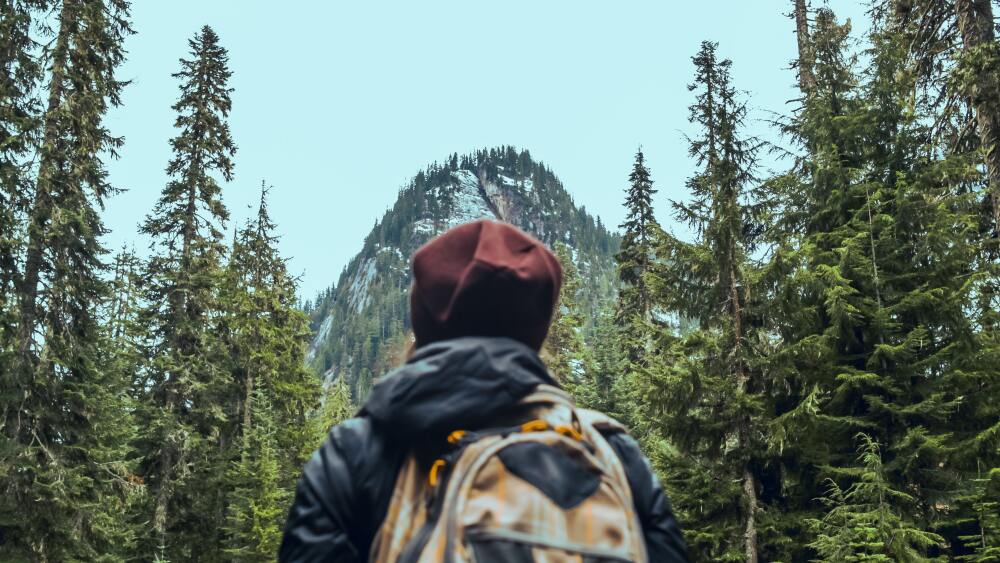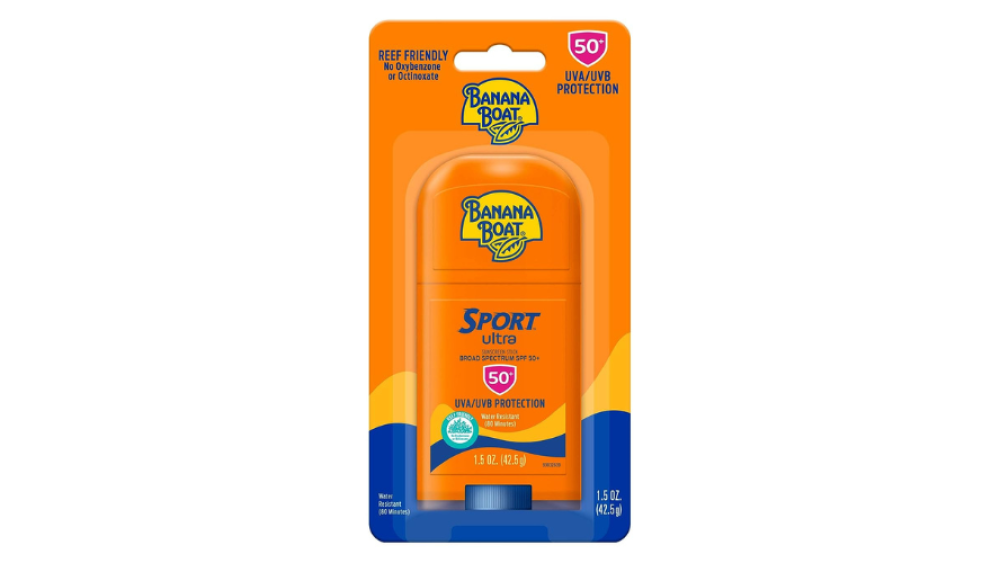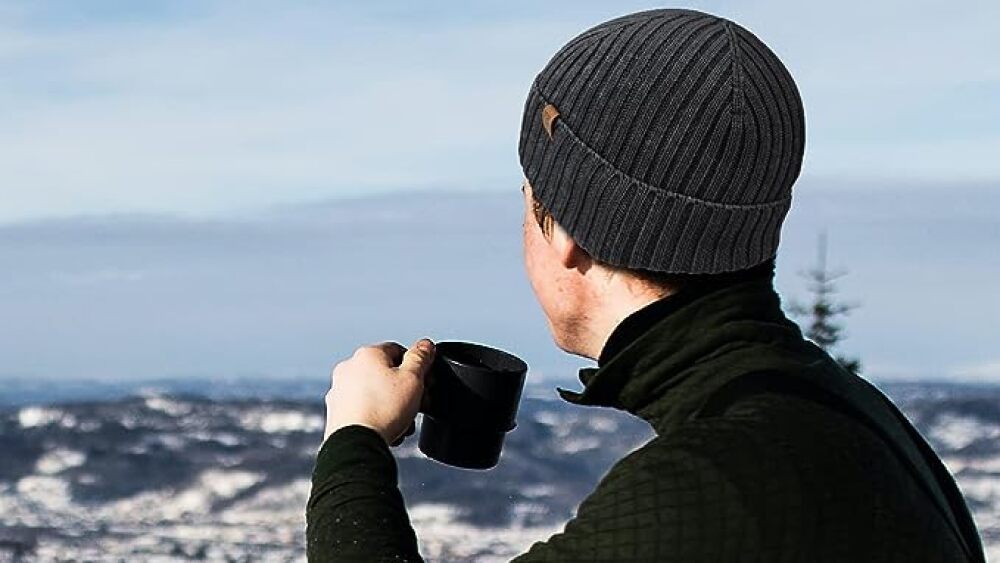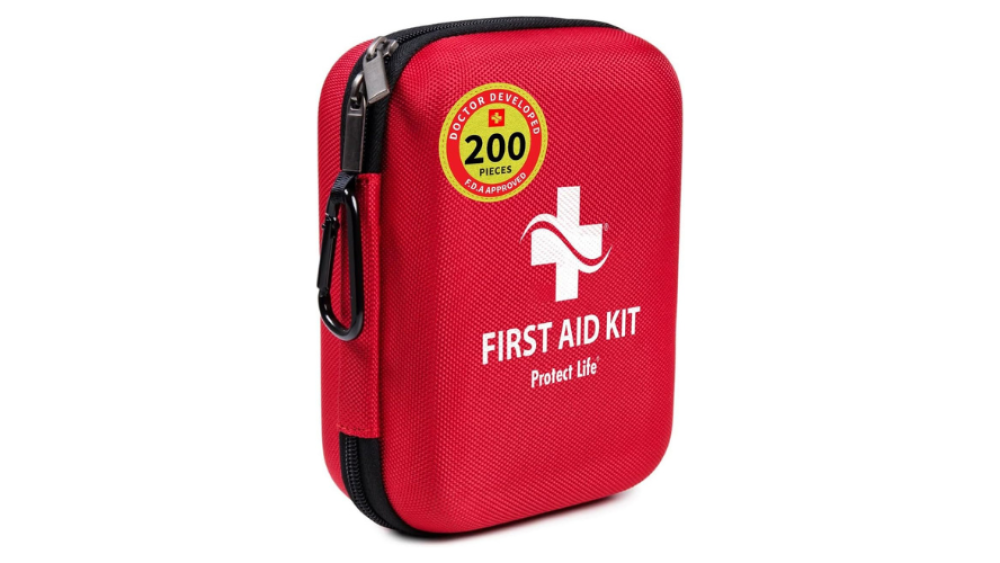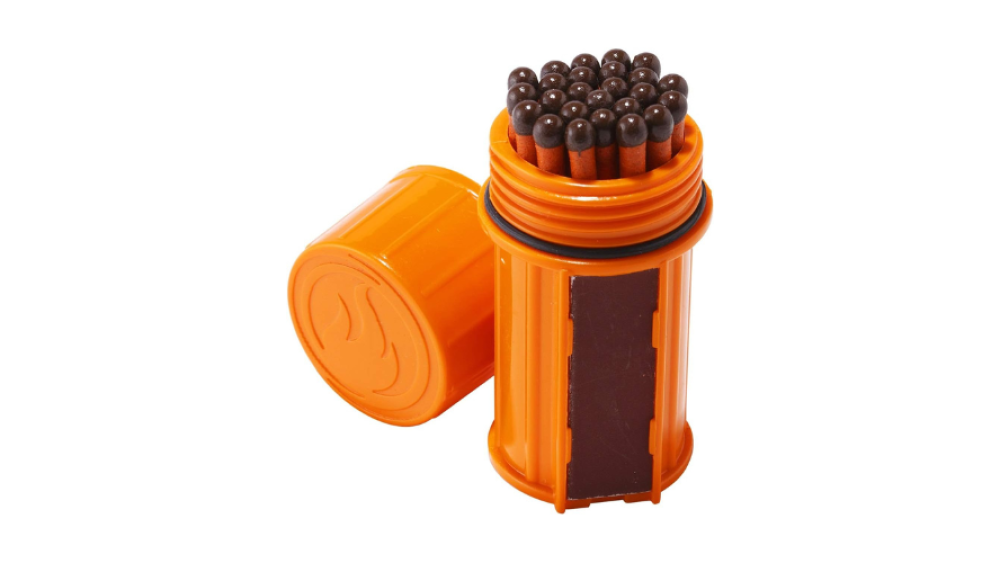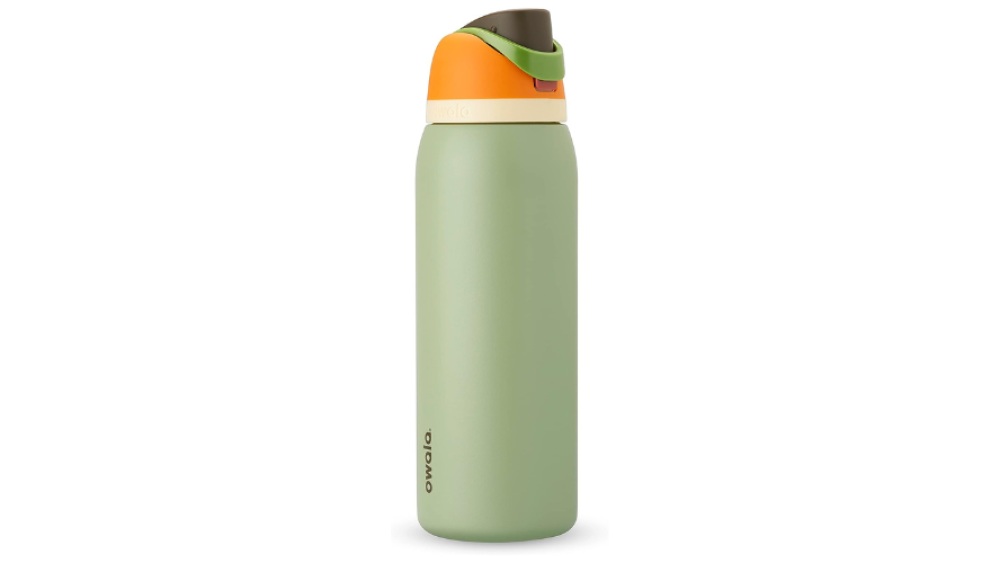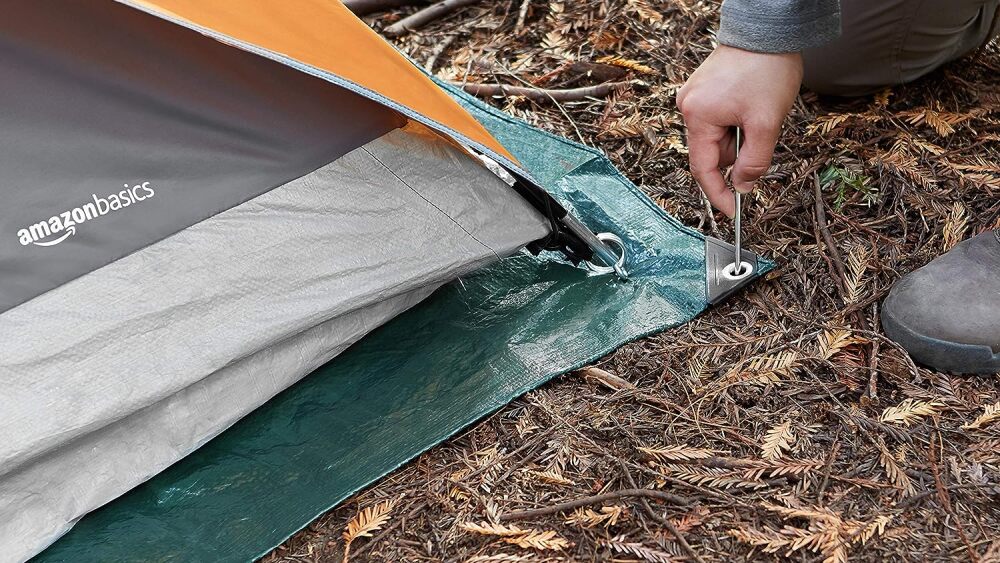So, you think you want to explore the wilderness? Slow down there, adventurous soul — you may need to bulk up your backpack first.
Protect yourself and your travel companions by stocking up on these 10 crucial supplies the National Parks Service coins the Ten Essentials. Bonus: Keep these items around the house in case of emergencies, too.
1. Navigation
Use maps provided on each national park’s website (and make sure you know how to read them), but be extra prepared with a compass and a GPS system.
2. Sun protection
Don’t underestimate how long your skin may be exposed. Load up on a three-pack of sprayable sunscreen that’s easy to apply, plus pack an SPF stick that’s small enough to go in a fanny pack or backpack. Bonus: Make your clothing work for you with a UV protective jacket.
3. Insulation
Sudden changes in temperature and weather happen, so be prepared with an extra layer. The NPS specifically recommends packing: a jacket, hat, gloves, rain shell, and thermal underwear.
4. Illumination
It’s a good idea to come ready with a flashlight, lantern, and — the NPS’ preferred light source — a headlamp so you can be hands free.
5. First-aid supplies
Here’s a packable first-aid kit designed by doctors. Add this emergency guide to it so you’ll know what to do if there’s a medical emergency and no cell service available.
6. Fire
Make sure you can start one with tools on hand including matches and a lighter. Or, if you want to have as rustic an experience as possible, these magnesium fire starters have over 2,000 five-star reviews.
7. Repair kit and tools
You’ll be thankful you have these if your equipment breaks. Fix most basic repairs with a Swiss army knife (this one includes a large and small knife, can opener, and screwdriver) and some duct tape.
8. Nutrition
It’s recommended to carry an extra day’s supply of no-cook items — and you’ll want them to be nutritious, too. We recommend stocking up on trail mix packs and a box of granola bars (try 88 Acres bars for seeds and oats or an RXBAR pack for nuts, dates, and egg whites). You can also bring dried fruit and jerky.
9. Hydration
Make sure to check if there are refillable water stations wherever you plan to camp or hike. Bring a reusable bottle like the Owala water bottle or even a multi-liter hydration backpack. It’s also recommended you bring water treatment supplies — brush up on how to purify water.
10. Emergency shelter
Be ready to protect yourself in an emergency situation with a tent, tarp, bivy sack for warmth and weather proofing, and space blanket.
Ready to explore? Here are 6 of the best national parks across the US.

